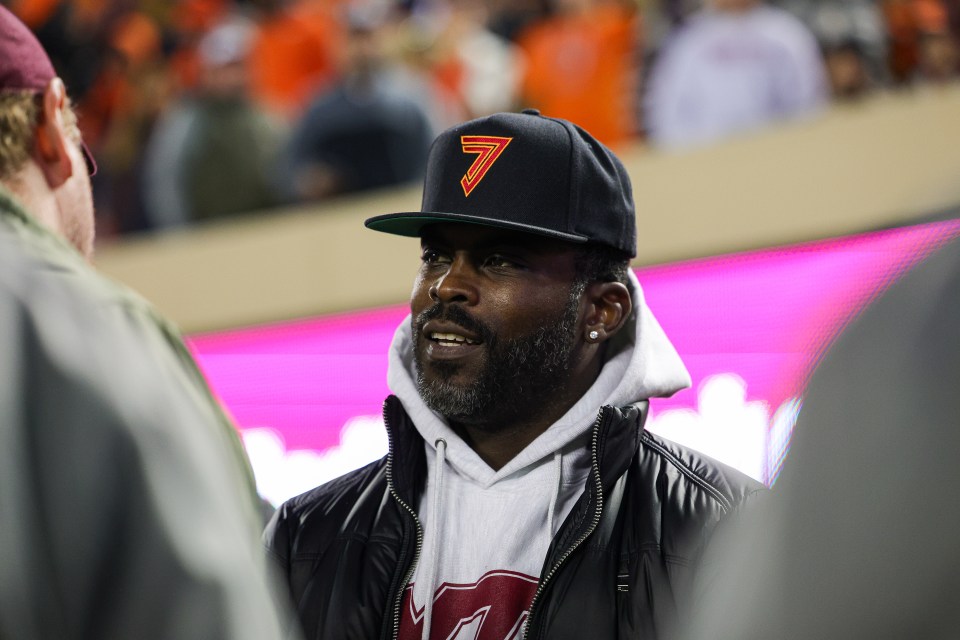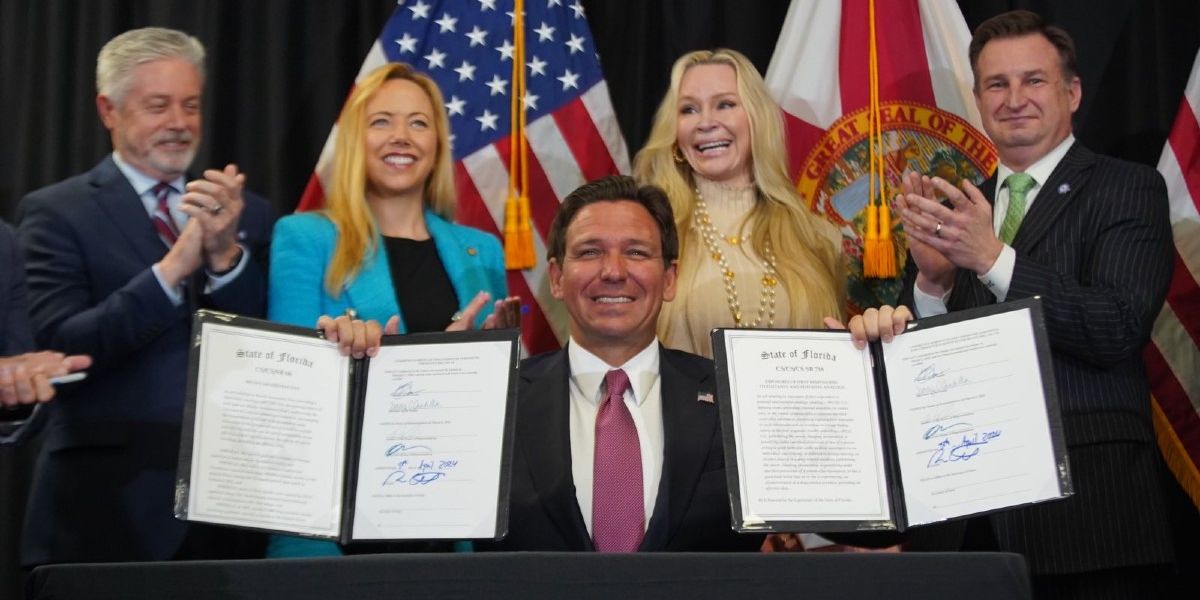Florida’s Fight Against Fentanyl: Desantis Signs Legislation to Protect First Responders
The fight against fentanyl and drug abuse can appear never-ending. Governor Ron DeSantis signed new legislation this week to protect first responders from fentanyl exposure, attempting to address the opioid issue once again. But that’s only one component of the puzzle.
“Because of the Biden administration’s unwillingness to secure the southern border, law enforcement officers are encountering fentanyl at alarming rates,” DeSantis said in a press conference Monday. “I wish there was a switch we could turn on to never have to deal with this again.” But, in reality, you have to tackle this from a variety of angles.”
Florida is gradually seeing a decrease in overdose deaths. Data reveals a 9% drop, or approximately 560 fewer deaths, between September 2022 and September 2023 compared to previous years.
DeSantis attributes much of this progress to the Coordinated Opioid Response (CORE) network, which he inaugurated in 12 counties, including Palm Beach, in 2022.
“If you had a revolving door, someone would go in and overdose and end up in the hospital.” They were revived and then discharged, and it was likely to happen again. And it’s a vicious circle,” DeSantis explained.
CORE will now expand its 24-hour care, access, and rehabilitation services to an additional 17 counties, including Indian River and St. Lucie.
“Opioid addiction has been a scourge in the lives of too many Floridians and Americans around the country,” stated State Surgeon General Dr. Joseph Ladapo. “Thanks to Governor DeSantis and the assistance of our Legislature, we are working to remedy this human tragedy. CORE’s expansion will assist and treat more Floridians, serving as a model for states around the country.”
“CORE’s holistic approach to combating the opioid epidemic has resulted in unprecedented results for Floridians battling addiction,” said Department of Children and Families Secretary Shevaun Harris. “Florida is grateful for the Governor and First Lady’s innovative leadership, and the Department looks forward to continuing to work with partners and key stakeholders to support families on their path to recovery and resiliency.”
On Monday, Governor DeSantis signed Senate Bills 718 and 66 into law.
SB718 proposes tougher sanctions for anyone who deliberately exposes a first responder to fentanyl. It would be a second-degree crime if it resulted in an overdose or significant injury.
“If an officer says, do you have drugs in your possession, and you lie, and then the officer ends up getting exposed and harmed, we’re going to throw the book at you,” he said. “You know you are killing people and you need to be treated like the murderer that you are.”
The law also considers broadening safeguards for those who seek treatment in good faith because they feel they or someone else is overdosing.
Part of SB 66 recognizes June 6 as Revive Awareness Day. It also orders the Florida Department of Health to raise awareness about opioid overdose and how medications like naloxone can save lives. Victoria’s Law is named after Victoria Siegal, who died from an accidental overdose in 2015.
Officials continue to emphasize the importance of having Narcan available. According to DeSantis, the CORE network has responded to roughly 18,000 emergency calls in which Narcan saved a life.










